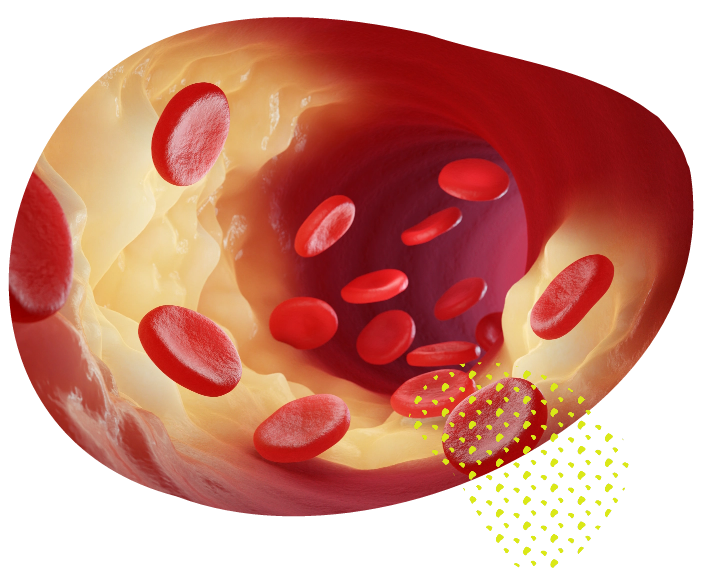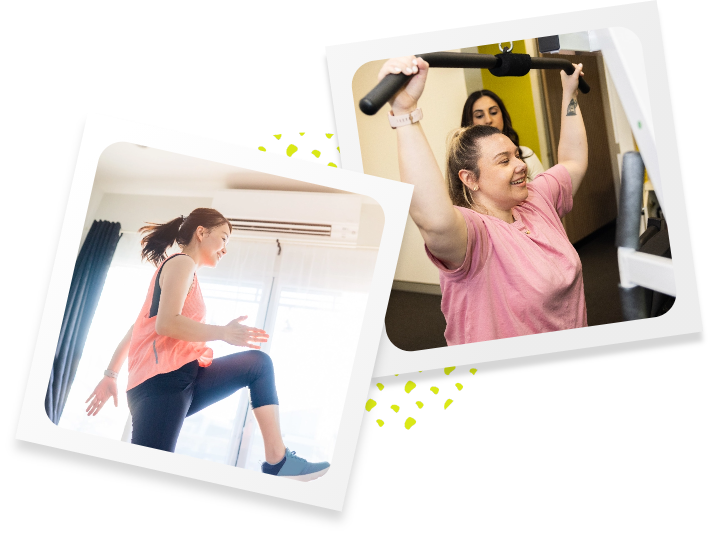High Cholesterol

What causes high cholesterol?
High cholesterol can be classified as primary or secondary. Primary is caused by genetic factors and secondary is related to lifestyle factors or other contributing factors.
Lifestyle factors contributing to the development of high cholesterol include:
- Being physically inactive
- Eating a diet high in saturated fats and trans fats
- Consuming large amounts of alcohol
- Smoking
How can Bites Dietitians help?
We can help you achieve a healthy weight if you’d like to do this and change the ratios of foods consumed in your diet so that you don’t have to cut out the things you love but still achieve a reduction in your cholesterol levels long term! Our Dietitians will usually try to tweak your food choices so that you begin to eat more meals that are lower in saturated fat and higher in monounsaturated or polyunsaturated fats. They will also try to increase the amount of fibre (especially soluble fibre) in your diet as this will also help to improve your cholesterol levels. Another dietary trick is to consume foods that contain high amounts of plant sterols as the right amount of these will help to reduce your cholesterol levels. There are lots of factors and foods that can help lower your cholesterol levels and it’s important that you and your Dietitian work out a plan that you can stick to or that can be changed periodically to maintain your enjoyment of it as good cholesterol management is a lifelong thing! We have been helping some of our clients to reduce and manage their cholesterol since we opened (over 12 years ago!) and we are pleased to say they are still on track thanks to periodic check ins over the years and having the accountability of checking in with someone who understands how to create a therapeutic diet specifically for them!

An interesting fact about diet and high cholesterol
Some types of cholesterol are essential for good health, your body needs cholesterol to perform everyday metabolic functions. Having high levels of HDL cholesterol is associated with a decreased risk of heart disease and stroke.

How can Bites Exercise physiologists help?
An interesting fact about exercise and high cholesterol
What improvements can you expect from a tailored dietary and exercise prescription?
You can expect to see specific improvements in:
- Cholesterol levels including LDLs, HDLs and triglycerides (It usually takes about 3 months to see significant changes in your cholesterol levels)
- Weight loss (if applicable, this can begin within 1 – 2 weeks of following your program!)
- Improved other markers of cardiovascular health such as reduced blood pressure, increased cardiovascular fitness
- Reduction in the medications you might need to manage your cholesterol levels

Helpful things to bring/remember before your first appointment
- Recent blood tests / pathology test results
- Referral from your GP or specialist
- Any heart or exercise test results you’ve had done with a cardiologist eg. a stress test or ECHO
- List of current medications and dosages
Want To Know More About Other Conditions We Treat?
